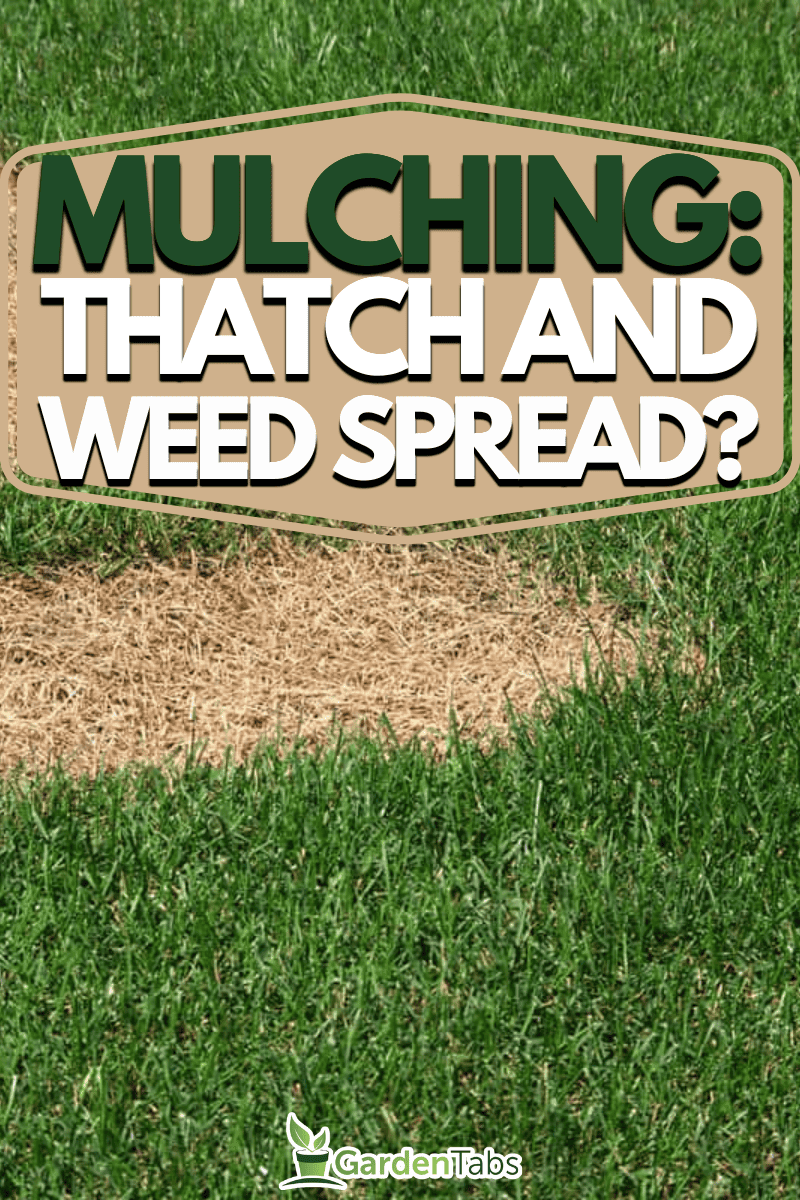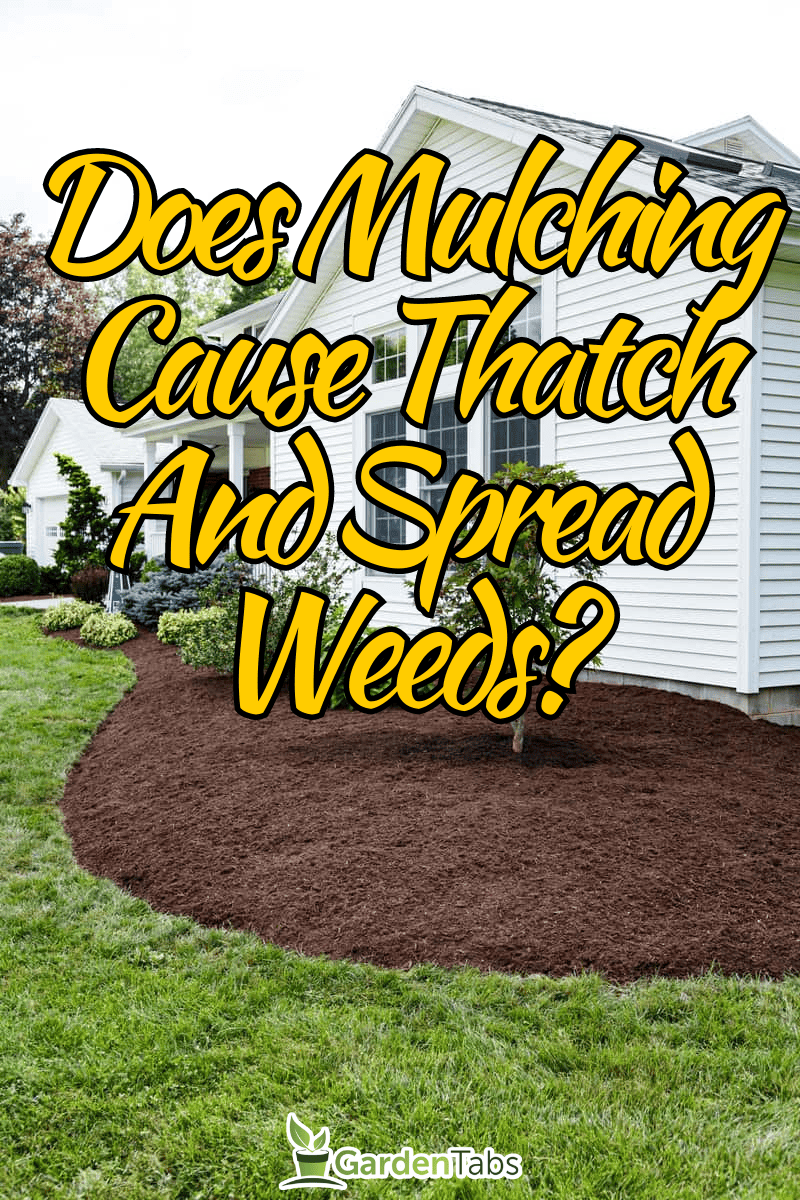Finding new ways to keep your landscaping beautiful can feel endless. Do you think it's time to lay down fresh mulch throughout your yard but are scared of causing thatch or weeds? Does applying mulch cause more harm than good?
We'll answer these questions and address a few others throughout this post. Let's dive in!
In general, mulching shouldn't cause thatch if you don't already have it. Considering that you don't want to mulch over healthy grass, you won't experience thatching after mulch.
In terms of weeds, this is when mulch can become an issue. If you mulch around places with existing weeds, it's possible to pick up and spread more weed spores around your lawn and garden.
So, inspecting your garden for thatch and weeds before mulching is a good idea.
As we begin, we will cover all things mulching and discuss when and how to do this. Whether you need a garden refresh or want to make a plan for next year, we're here to offer some guidance. With that said, let's get right into this topic below!
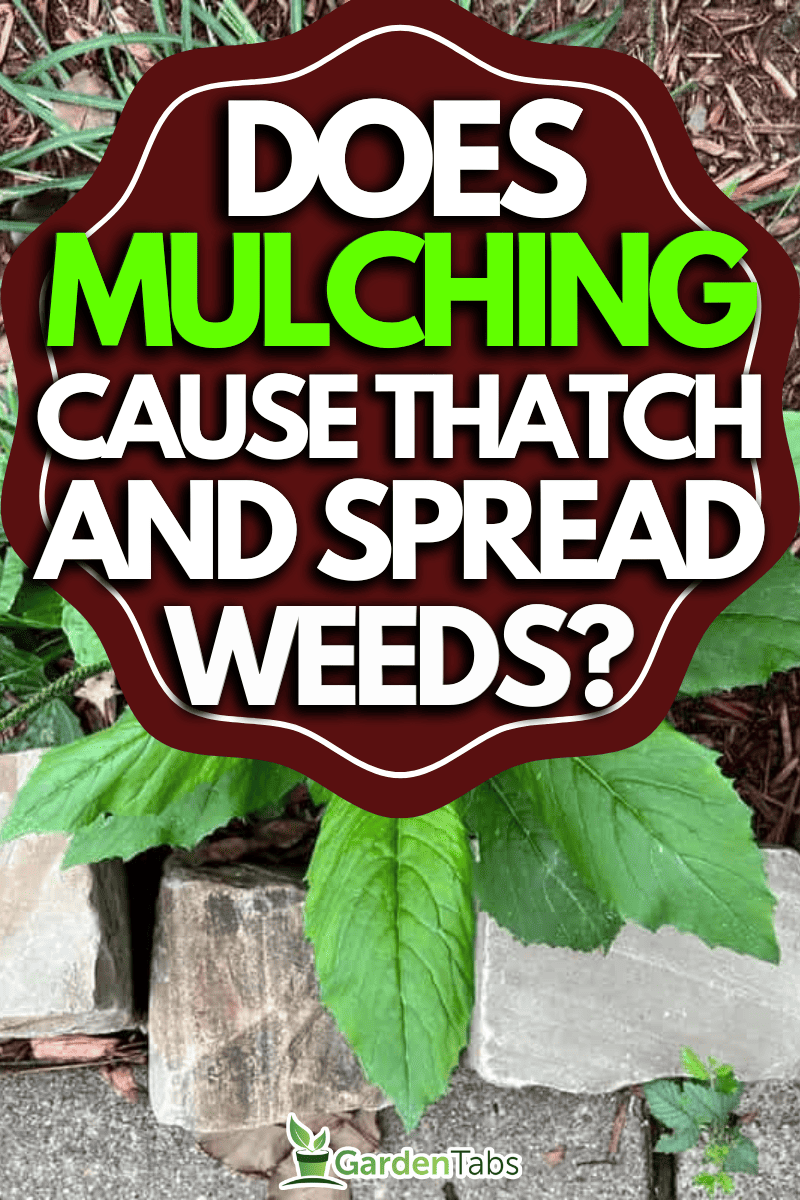
Does Mulching Lead To Thatch?
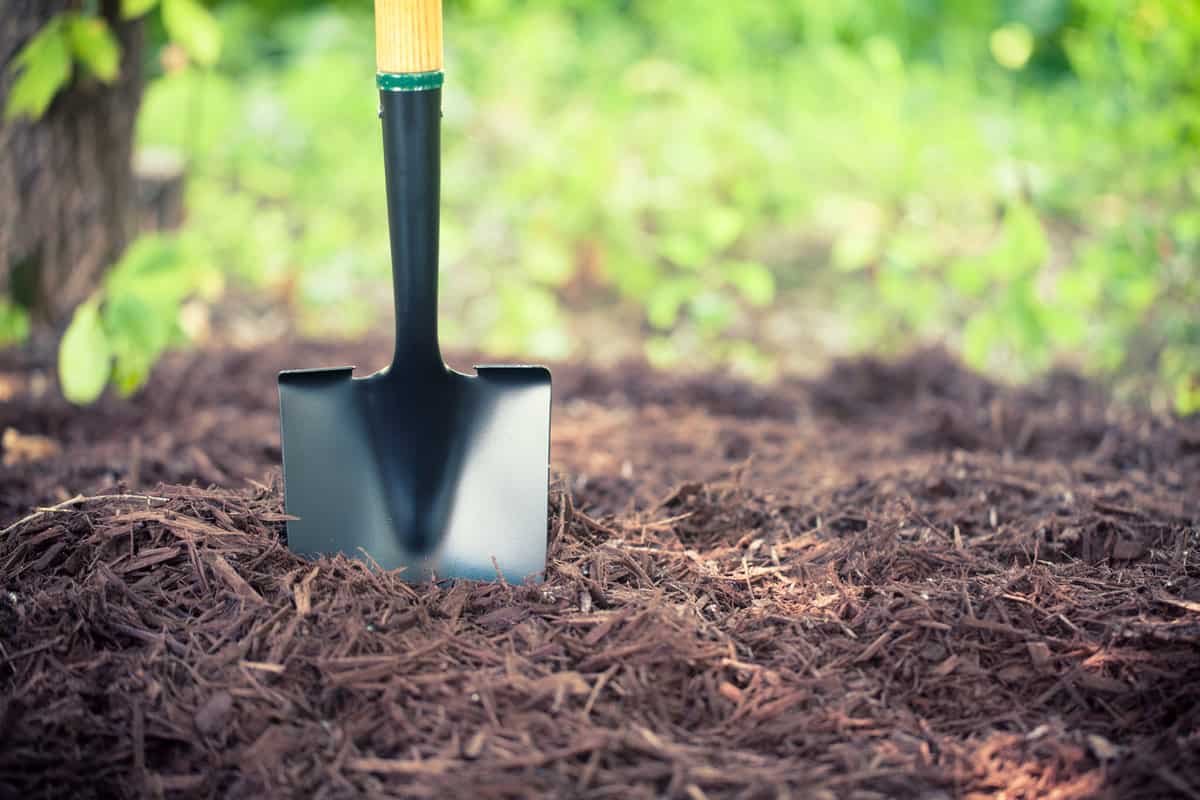
No. Generally, mulching won't lead to thatch build-up in your lawn or landscaping. As we said, this is likely to happen beforehand if you don't regularly mow/care for your property.
One of the main culprits for thatch is grass clippings, not mulch, so that's something to watch for. Moreover, adding mulch around a lawn won't create a thatch issue, so this is safe.
You also don't usually want to apply mulch over grass, as it can cause bald patches and poor oxygen.
According to Organo-Lawn, improper lawn watering, cold soil temperatures, chemical pesticides, and even synthetic fertilizers are more likely to cause thatching than anything. Again, mulch is in the clear.
Think of thatch as a build-up of multiple things rather than one abrupt change to your grass.
Can Mulching Make Weeds Worse?
If you have a weed problem in your yard, mulching can magnify it. Typically, weeds spread through the plant's seed heads, so mulching over them isn't always beneficial.
In contrast, you can accidentally spread the seeds to other sections of your landscape while mulching, which can become a huge hassle.
It's generally better to target the weeds before adding mulch, to prevent further spreading. Many experts warn that the fastest way for weeds to spread is easy access to wind.
Therefore, mulching over weeds can be helpful to keep them in one section while you treat them, but this is not a one-stop solution.
You need to address each weed with a product or by pulling it, regardless of whether you mulch or not.
What Happens If You Put Mulch Over Weeds?
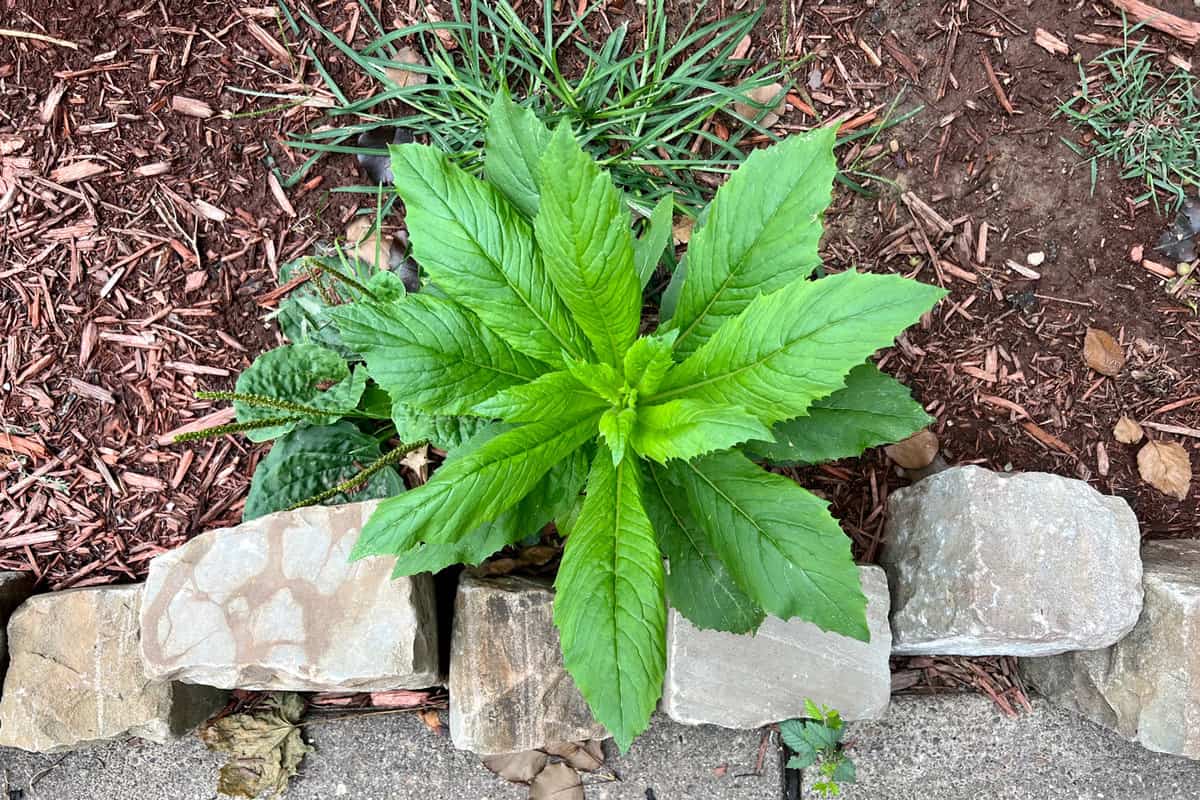
If you decide to cover the weeds in your yard with mulch, this will either stop them from multiplying or cause them to spread. As we mentioned, weeds can be tricky to handle.
When you apply a thick layer of mulch above them, this can help trap those potential seeds. On the other hand, during that mulching process is when the seeds are most likely to spread.
So, what should you do?
We recommend pulling any weeds you can find and then applying a thick layer of mulch. Although this will require some extra work, you aren't as likely to have new weeds appear in the upcoming days post-mulching.
EarthEasy states how mulching over weeds will likely kill them if the application is thick enough. So, although you'd be taking a risk, this could be another alternative.
If you don't want to use a chemical weed killer, you could stick with mulch and a bit of pulling.
What Is The Best Mulch To Keep Weeds Away?
One of the best weed-suppressing mulches you can use in a garden is bark mulch. Not only will this mulch type deprive the wood of sunlight and oxygen, but it also prevents further germination.
This is thanks to its density. Generally, the thicker your mulch, the better it will prevent weeds and plants from emerging, so that's an important aspect to remember.
You can also try using other mulches like cypress, pine, cedar, or other hardwood by-products to prevent future weeds in your landscaping, so the options are endless.
The key here is to apply it thick enough onto the ground regardless of mulch variety. Since weeds need sun, water, and oxygen to survive, depleting them of these things is the easiest way to kill them.
Some gardeners even use straw alongside mulch to stop weeds, so you might need to get creative.
MIGHTY109 Raging Red Colored Wood Chip Mulch
This mulch is bright red, is naturally sourced/made, helps maintain soil temperature and moisture, is dense, and comes in a 42-quart bag.


Check out this mulch on Amazon here.
100% Natural Cedar Mulch
This mulch is 100% natural cedar material, great for indoor and outdoor gardening, holds moisture, is dense, comes from the USA, and will arrive in a 16-quart container.


Follow this link to see it on Amazon.
Why Does My Lawn Have Thatch?
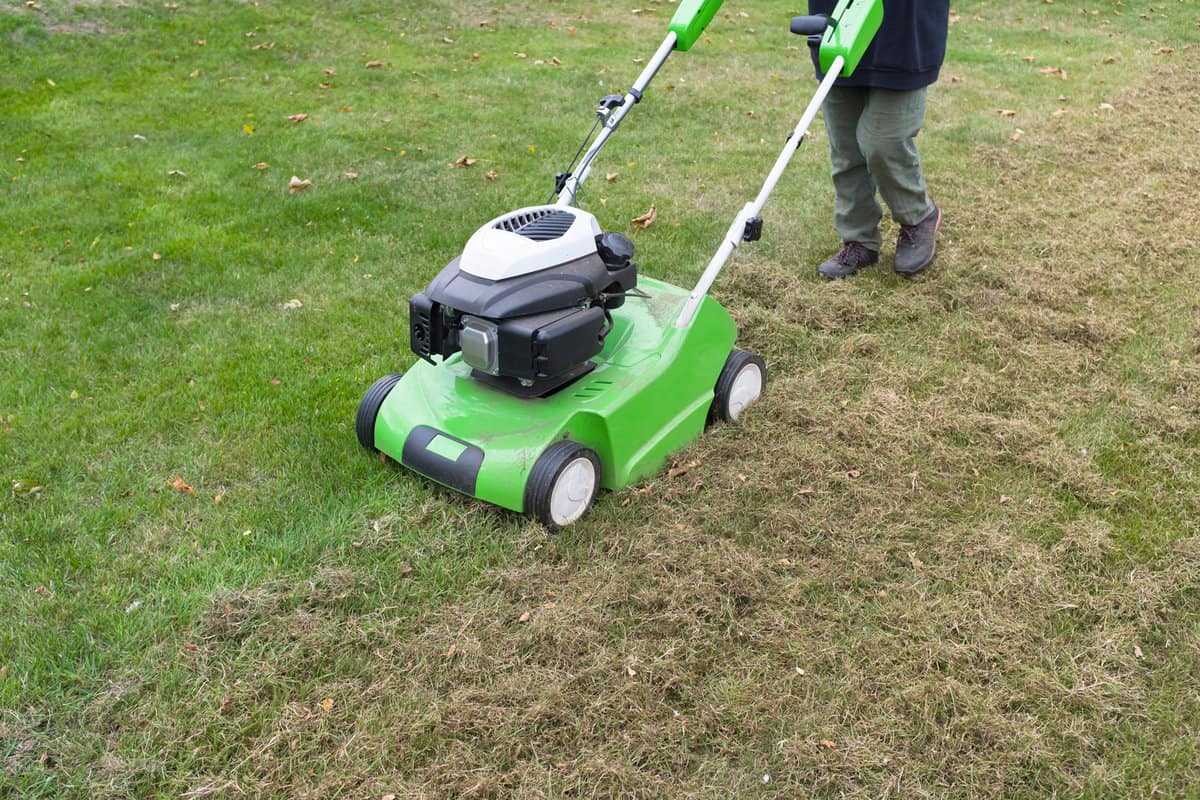
Switching gears, if you have thatching in your lawn, it could be due to a few things. Remember, thatch tends to result from a build-up of synthetic products and grass clippings, so mulch won't usually be to blame.
You'll also notice thatching if your lawn has poor drainage and aeration. One of the leading causes of this excess moisture is watering your grass too frequently or giving it too much at a time.
Furthermore, you must maintain a proper mowing schedule to prevent thatch, so many factors can play into this.
According to the University of Illinois, the main components in thatch are turfgrass stems and roots, so that can happen when/if you aren't mowing enough.
In addition, you might need to manually aerate your lawn if thatch becomes persistent and then apply mulching along the sections you wish.
Another reason for thatch is adding too much quick-release nitrogen fertilizer to the soil, so when in doubt, take it easy with your products.
Envy Green Lawn Aerator Shoes
These aerating shoes are perfect for thatch, have a one-size-fits-all design, feature 2.1-inch spikes, work for users up to 220 pounds, don't require assembly, and come with a money-back guarantee.
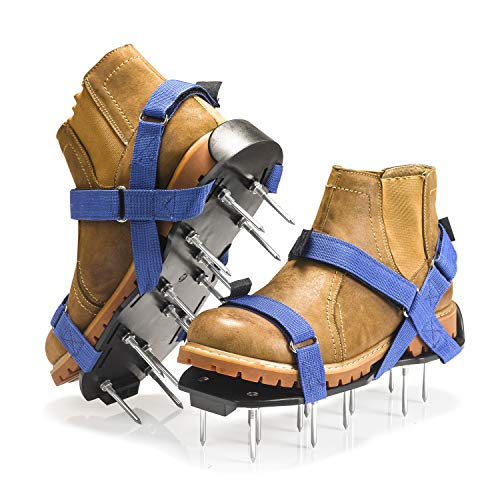

Check out these shoes on Amazon here.
Can I Put Mulch On Grass?
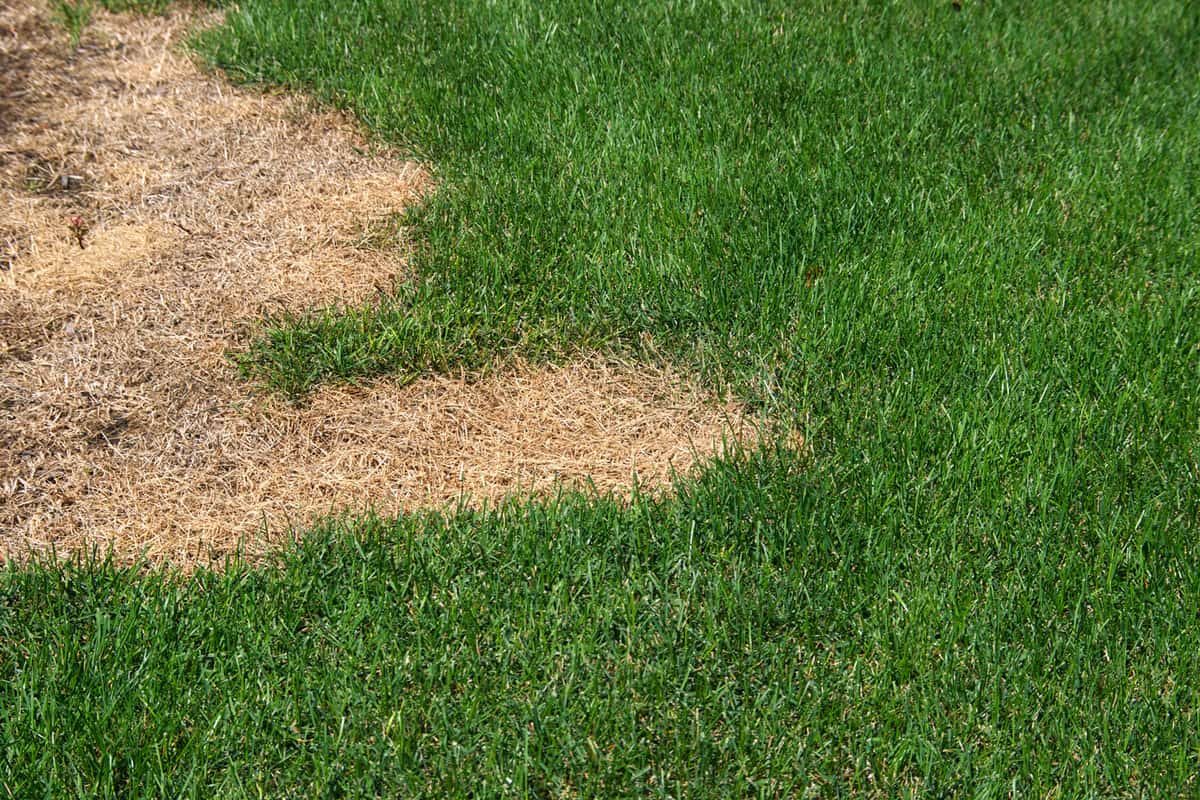
For those who want to apply mulch over their grass, this isn't always necessary. As we said, putting mulch over healthy, growing grass can cause bald patches and even sections of your lawn to die.
Since grass requires good sunlight, oxygen, water, and soil nutrients, adding wood chips can disrupt this circle of life. However, some gardeners prefer to "sheet" mulch over grass if there are weeds, so this isn't always a bad idea.
Mulching to stop weeds isn't the only way you should be handling them. Remember, weeds spread with wind and sometimes mulching, so your best bet is to pull them and apply a targeted weed killer.
If you want to mulch over dead grass, this is when it's fine to be more generous with the amount. Thicker mulch will suppress whatever is underneath, which can be helpful for a dead lawn with weeds.
How Often Should You Mulch?
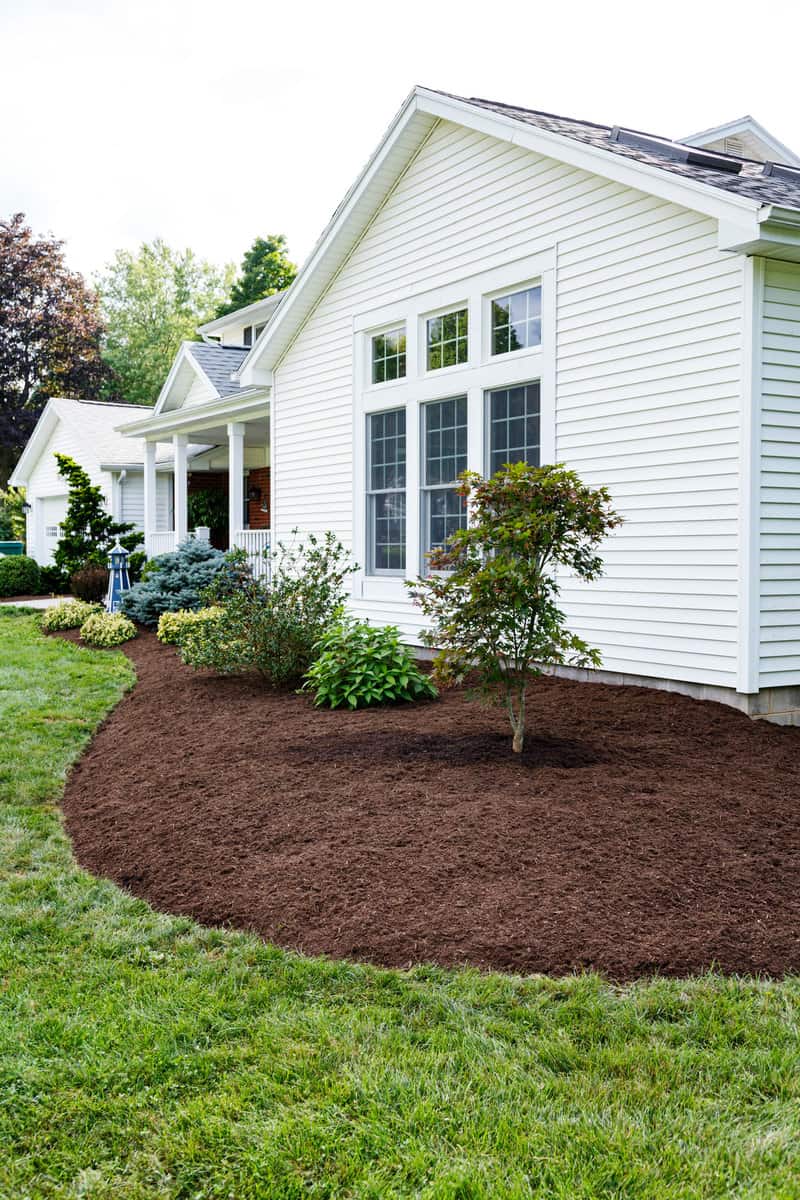
Although this can vary, it's usually best to apply fresh mulch to your yard once a year. Since the mulch in your landscape can blow away, become less effective, and even be buried under growing plants, adding a new layer every year is imperative.
Also, if you have colored mulching, it will fade over time and not be so vibrant. So, this annual application is beneficial for the aesthetics and functionality of your wood chips.
Especially if you mulch to keep moisture in the ground, adding new wood chips yearly can make a huge difference in your water consumption.
That applies to people in the desert or even sub-tropical climates, so everyone needs a bit of fresh mulch every 12 or so months.
According to some experts, you may even wish to mulch your lawn twice each year. Again, this all comes down to the climate, winds, and aesthetics, so feel free to do this as much as you see fit.
Can I Use Plastic Mulch In My Yard?
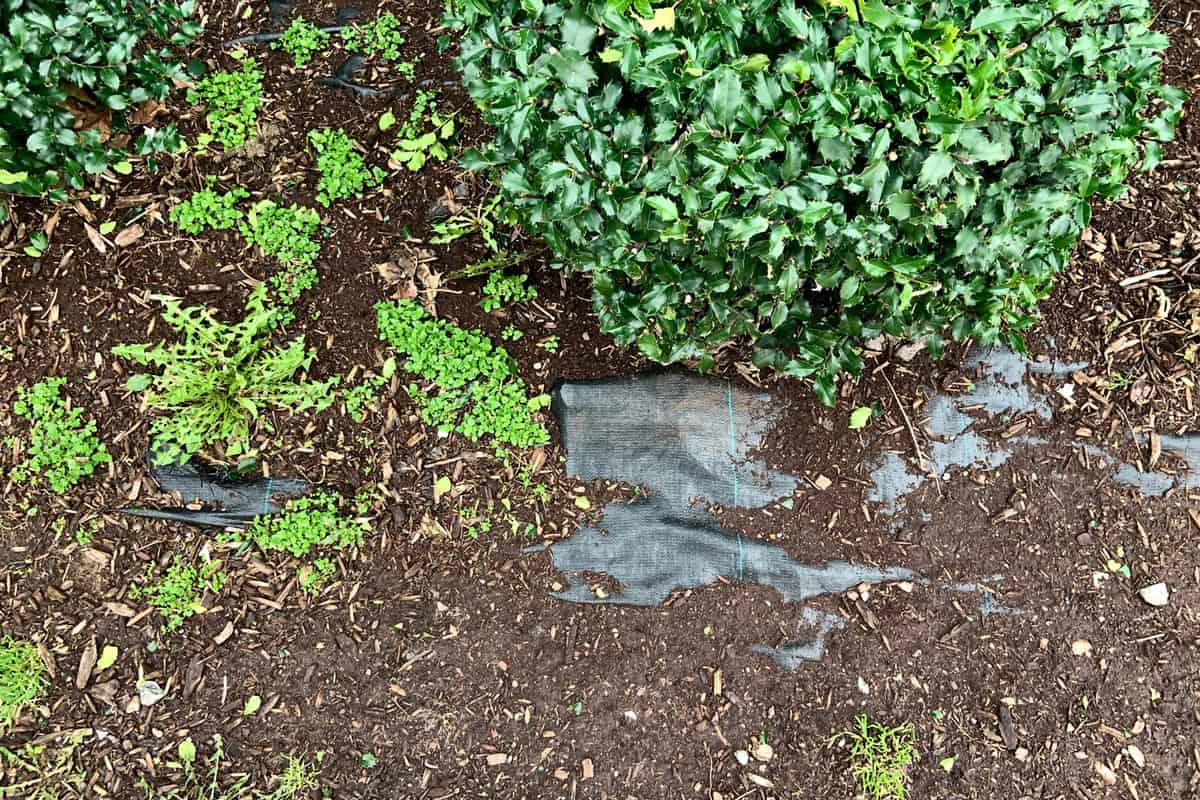
Depending on where you live, plastic mulch can be beneficial for gardening. However, this greatly relies on the weather throughout the year, as plastic mulch can only handle certain climates.
For example, having rubber/plastic mulch in Arizona or Nevada may not be a great idea in the summer unless your product states it can handle intense heat.
Considering desert temperatures can easily hit 100+ degrees, we recommend natural wood in those situations unless otherwise specified.
In contrast, if you're somewhere less extreme, rubber mulching is perfectly fine.
The University of Arizona mentions how using thicker plastic mulch can help combat weeds, which could be a silver lining for some.
If you have vegetables, using black rubber mulch is the best option, according to the universities study, so that's something to keep in mind.
To Wrap It Up
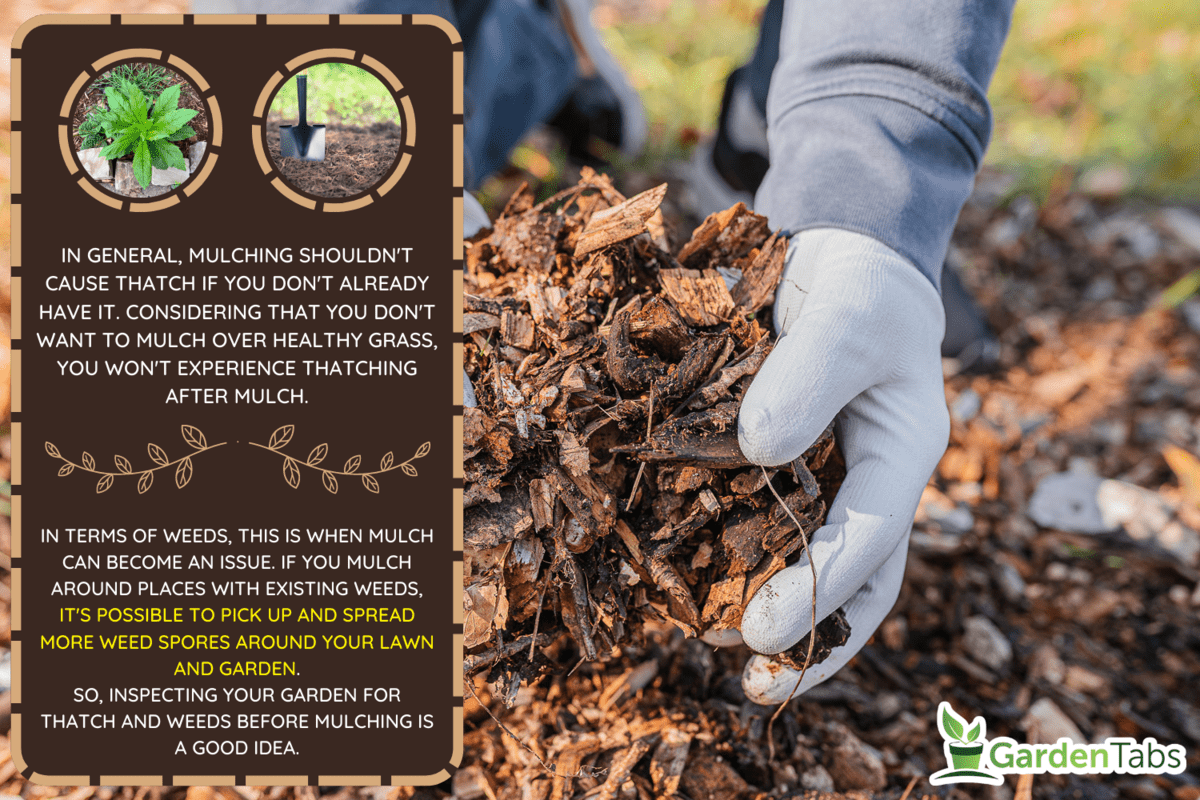
Whether you have weeds growing in your garden or dealing with a thatchy lawn, mulch can come in handy. From what we found, using mulch will not cause thatch to worsen, although it can spread weeds.
Generally, it's better to prepare your landscape before applying mulch. That includes pulling weeds, aerating, removing dead grass, etc.
You also want to make sure the mulching product you use is dense, which can help stop future weeds from sprouting. Now good luck with your gardening!
Made it to the end? Check out these helpful related posts below!
Does Cedar Mulch Repel Bugs? How Effective Is It?

